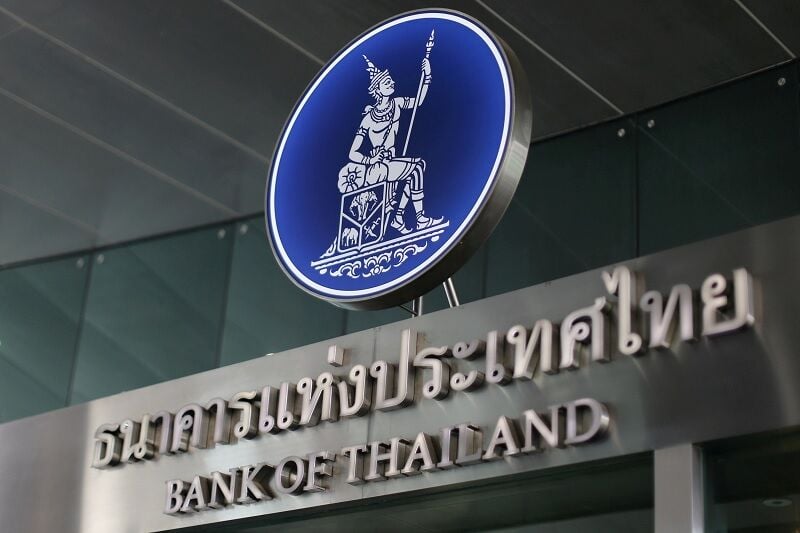Thai central bank to cut rates as US economy slows

The US economy is anticipated to face a cyclical slowdown from late next year into 2025, prompting the Bank of Thailand to reduce its policy rate by up to 1.5 percentage points, according to KGI Securities (Thailand).
KGI analysts, Rakpong Chaisuparakul and Pragrom Pathomboorn highlight in their report that this slowdown will normalise the labour market and make US consumers more affected by the high interest rates. This, combined with declining inflation in the US, creates an opportunity for the Federal Reserve to implement more aggressive interest rate cuts to support the economy, the report reveals.
“We believe recession risk remains low and the coming interest rate cuts should be able to engineer a transition to more normalised growth in the US.”
The US labour market has started to slow significantly, which could impact other economic activities. To avoid adverse economic conditions, the report suggests that rate cuts are necessary to prevent a recession. The report also emphasises that significant rate cuts are needed initially to bring interest rates down to a normal level.
The federal funds rate [FFR] is now at its cycle peak and is expected to enter a downward cycle from September next year through to June 2025, the report explains. It projects that the Fed might reduce the rate by a total of two percentage points during this period, bringing the FFR down from 5.25-5.50% to 3.25-3.50% next year.
Domestically, the monetary policy committee of Thailand’s central bank is predicted to maintain its stance throughout next year before addressing its tight bias by cutting the policy rate by one percentage point to 1.50% next year. This adjustment aims to alleviate pressure on Thai consumers and debtors.
KGI’s analysis
KGI’s analysis on the impact of reducing Thai interest rates by 0.25 to one percentage point indicates that sectors such as utilities, ICT, and finance would benefit significantly from the lower rates.
For the finance sector, share prices may not react to a falling interest rate in the near term as investors remain cautious about asset quality and confidence in the Thai debenture market, the report notes. On the negative side, Thai interest rate cuts in 2025 could adversely affect the net margins of big banks, but this could be partially mitigated by potential improvements in Thai GDP growth as interest rates decrease.
In a separate analysis, Financial Analyst Chalie Kueyen suggests that a one percentage point cut in the Bank of Thailand’s policy rate within a year could negatively impact the operations of all banks, potentially reducing earnings by 20-30% in the worst-case scenario. Banks might need to reduce expenses or credit costs to counteract this effect, reported Bangkok Post.
Latest Thailand News
Follow The Thaiger on Google News:


























